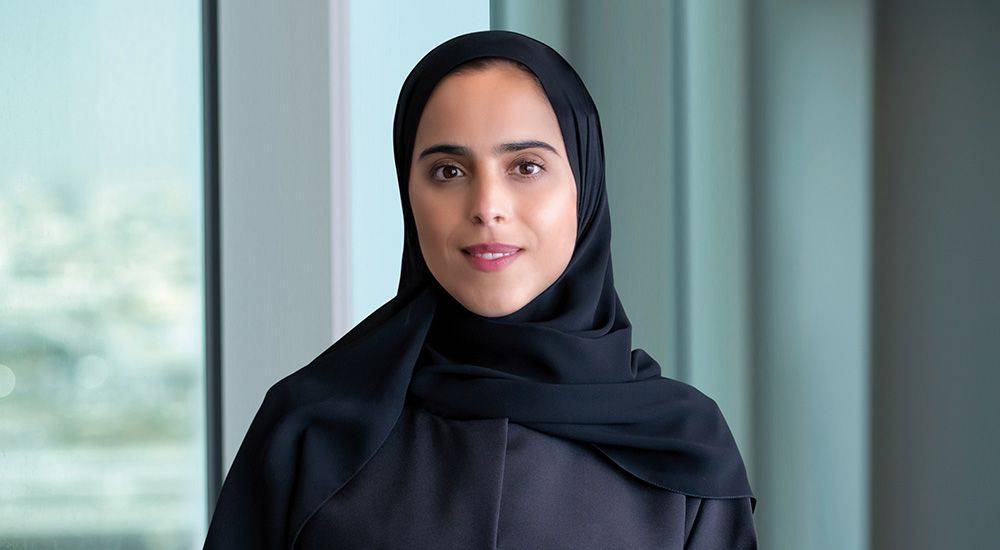UAE: New educational strategies to support children
Embracing holistic wellness and tech advancements for children returning to school

By Mira Omar Al Futtaim
As the summer break comes to an end and children return to school, it is critical to motivate them to demonstrate maximum productivity and focus. This can only be achieved by establishing a holistic learning environment that prioritises students' mental health and general well-being. Technology can play a crucial role in achieving this, as tech advancements such as artificial intelligence (AI) and machine learning (ML) in education have streamlined learning processes for children at various stages.
A report by PWC estimates that AI could contribute up to USD 320 billion to the Middle East economy by 2030, with a significant portion of that coming from the education sector.
Dubai, as a leader in smart city initiatives, is at the forefront of incorporating AI in classrooms to enhance learning outcomes. It is therefore crucial that we comprehend how to support children in their learning phase, while also developing their emotional intelligence and interpersonal skills.
Supporting educators in the digital age
The professional development of educators is crucial in today's evolving educational environment. The teaching profession is changing as advancements in AI and machine learning become more deeply integrated into the classroom. They must therefore possess the skills and information necessary to engage with a new generation of students to stimulate conversations and individualise learning experiences.
Automation of processes like scheduling, grading, and resource allocation is another way that AI-driven solutions can assist educators in efficiently managing administrative work.
With these tools, educators can focus less on time-consuming administrative tasks, and pay closer attention to driving student interactions and innovative learning. It is imperative, nevertheless, to guarantee that technology in education complements human touchpoints rather than substituting them, thus preserving the unique connection between educators and students that develops motivation and trust.
Supporting the emotional health of students
Building emotional intelligence has become essential to successful educational experiences in a world where children are more anxious and have trouble learning in a fast-paced environment. In recent years, KHDA has placed a significant emphasis on student well-being, recognising that mental health and emotional health are as important as academic achievements.
Initiatives like the ‘well-being census’ have been implemented to understand and enhance the overall well-being of students in Dubai. It is therefore imperative that schools place a high priority on assisting students in navigating their emotions and helping them cope with stress and anxiety.
Schools can develop students' sense of security and promote their overall growth by providing a supportive environment where their emotional needs are addressed. More importantly, teachers play a pivotal role in making this happen, not just as instructors but as mentors who observe and respond to the emotional cues of students, ensuring each child feels valued and understood
Evolution of learning spaces
Today, the conventional classroom layout is being replaced by dynamic, adaptable learning environments that cater to students' diverse learning preferences and styles. Schools can create spaces that foster creativity and collaboration by utilising big data and AI insights to comprehend the preferences and requirements of students.
While some students might do better in a more dynamic, unstructured classroom, others may do better in a more quiet, controlled setting. This way, institutions are better capable of maximising productivity and engagement by creating diverse and adaptable learning environments.
Education systems have constantly evolved to nurture children's hearts and minds, rethinking educational experiences and adopting technological advancements. The UAE government has committed to investing AED 1.5 billion in digital education initiatives by 2025, as a part of its strategy to integrate technology into learning environments.
This aligns with Dubai’s vision of becoming a hub for educational innovation. As our children return to schools this season, educational bodies are required to create a harmonious ecosystem where technological innovation supports holistic development. Through this dual focus – in which technology strengthens human connections rather than replacing them – we can create a future in which students not just succeed but also make positive contributions to society.
As we continue to enhance our educational strategies with a focus on holistic well-being and technological advancements, watch this space for upcoming developments impacting the educational community. At the Al-Futtaim Education Foundation, we are constantly exploring innovative methods that support the advancement of learning systems, such as ways to foster emotional intelligence or incorporate AI-driven technologies to customize learning experiences.
By staying ahead of the curve, we not only embrace change but also ensure continuous improvement to remain a hub for innovative educational approaches that prioritise well-being and academic excellence.
The writer is the Chairperson of the Al-Futtaim Emiratisation Council and Board Member of the Al Futtaim Education Foundation